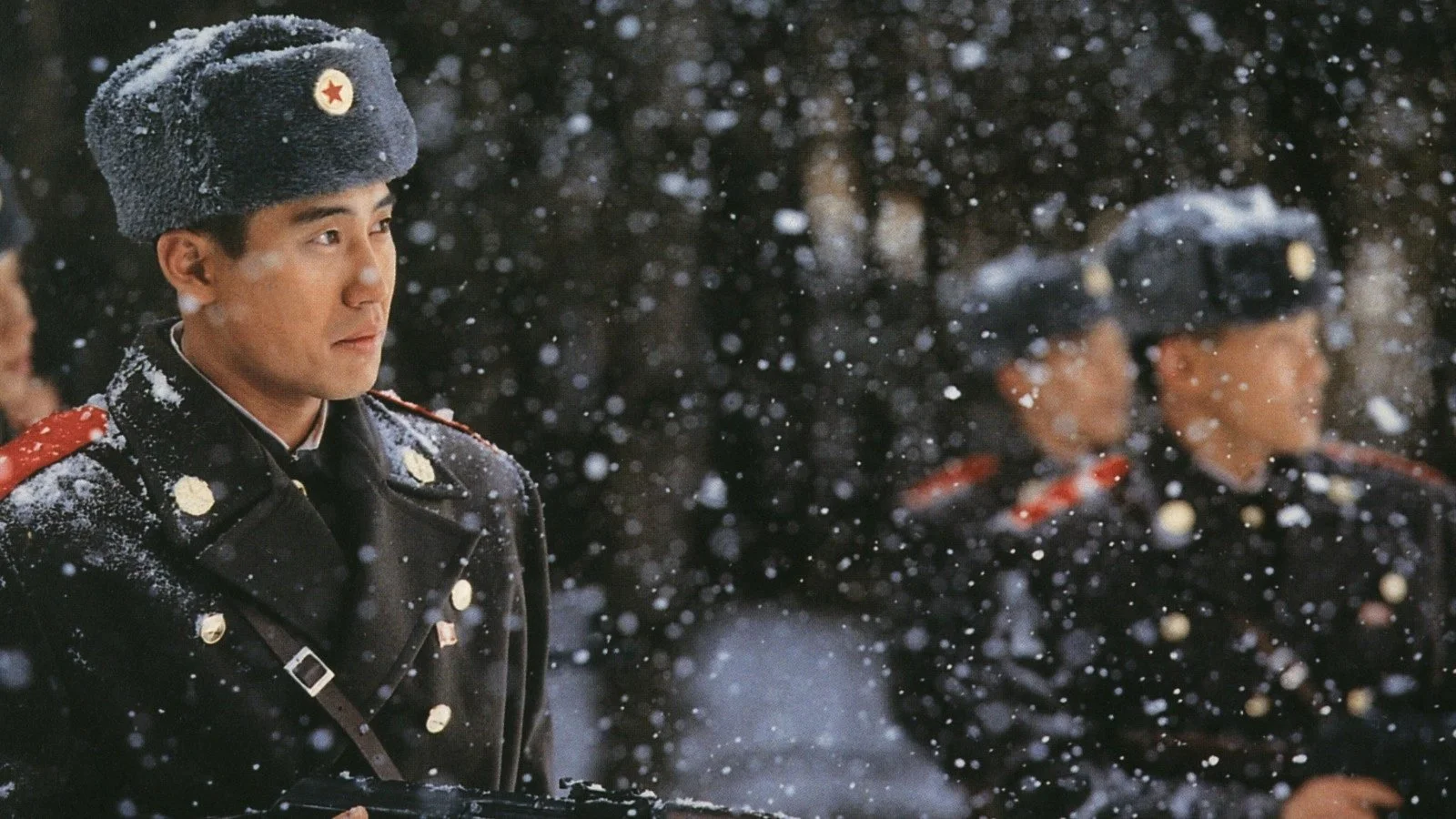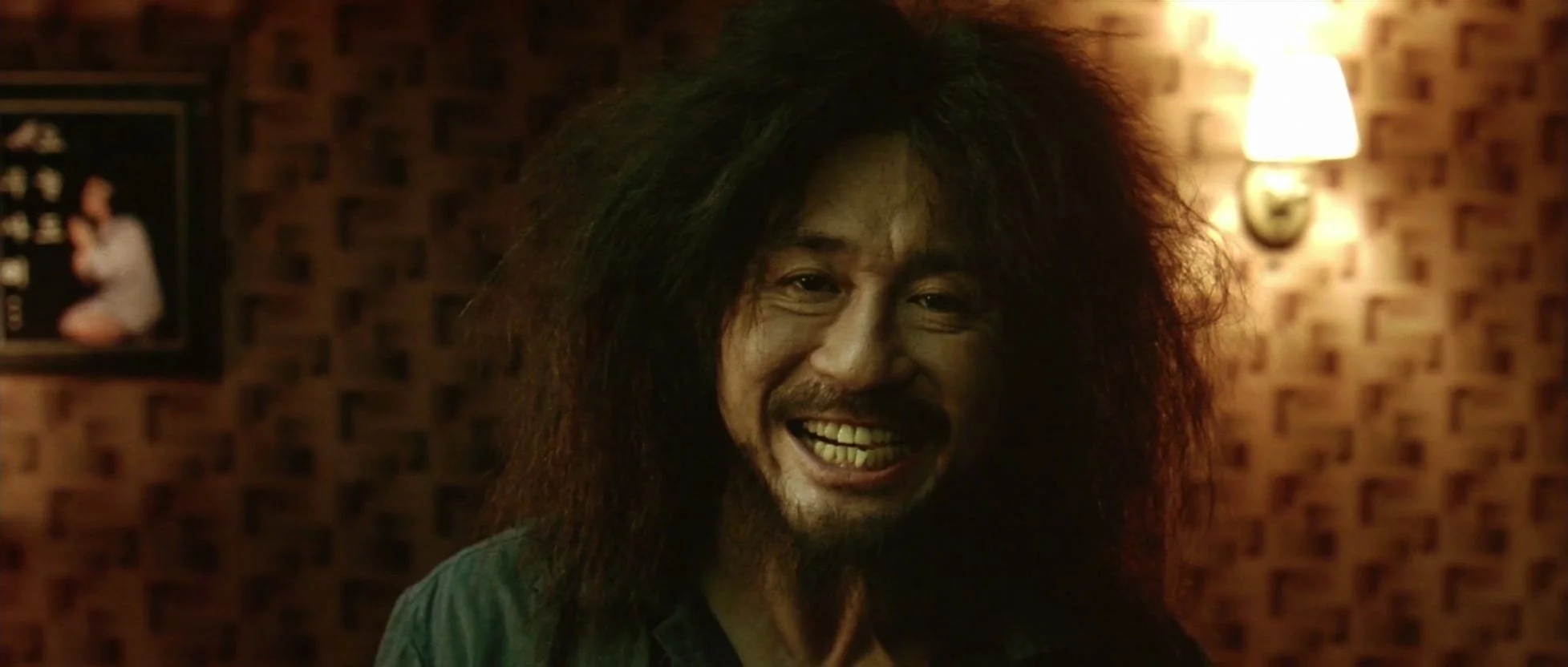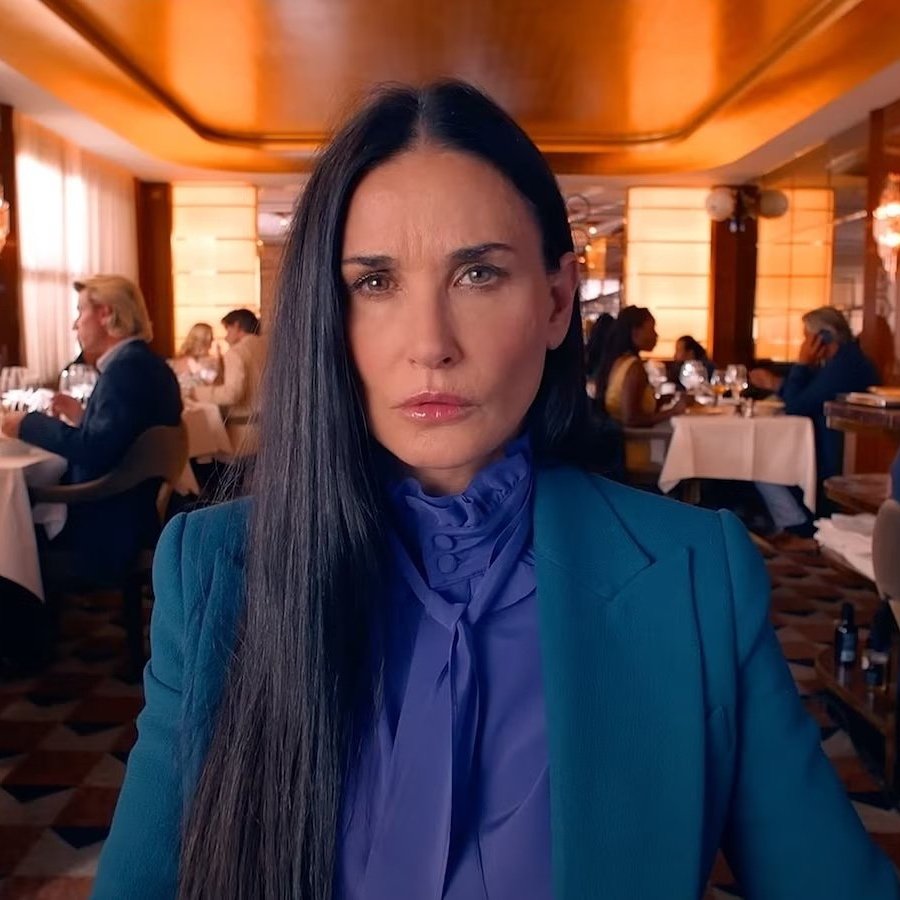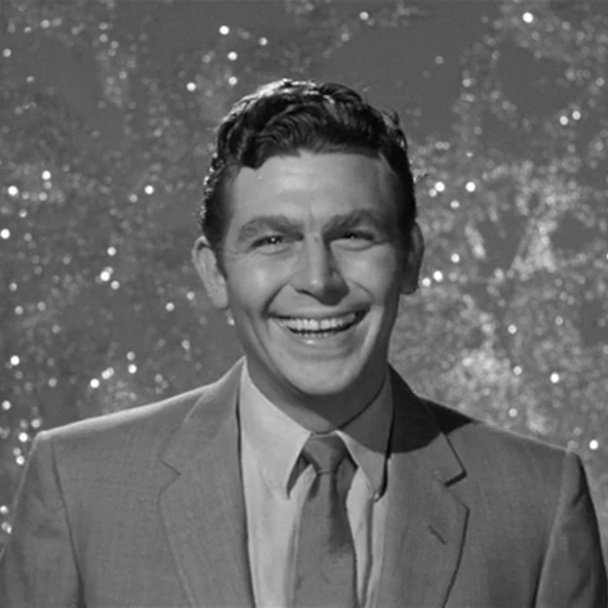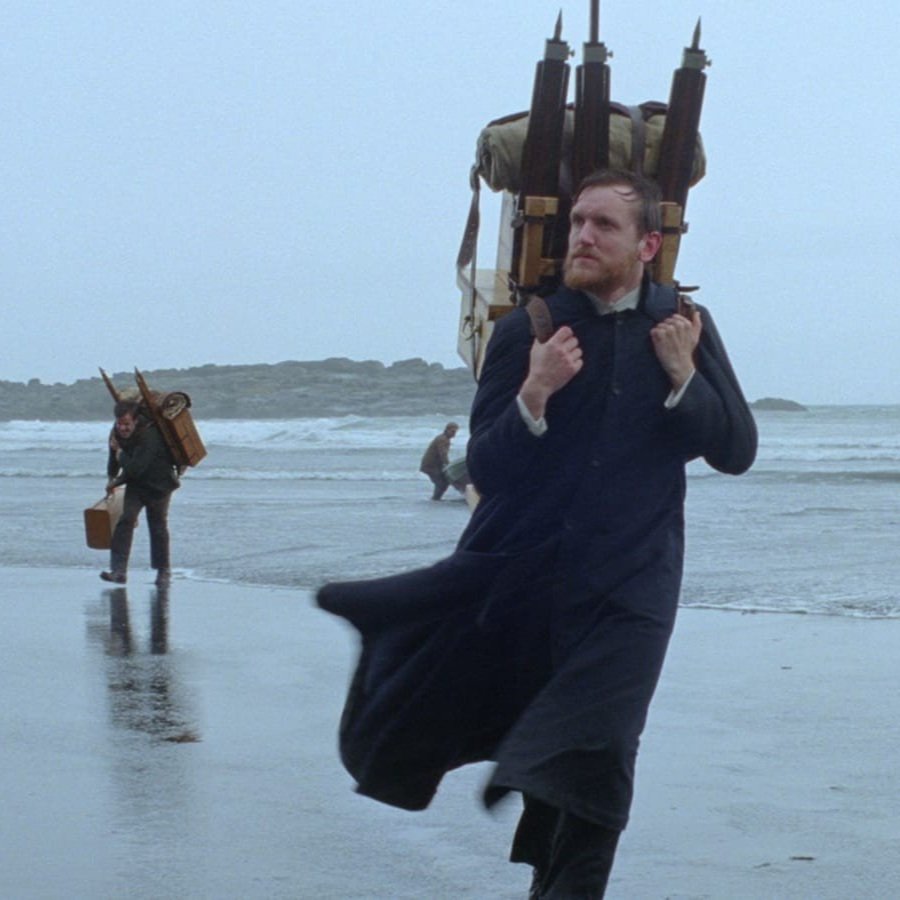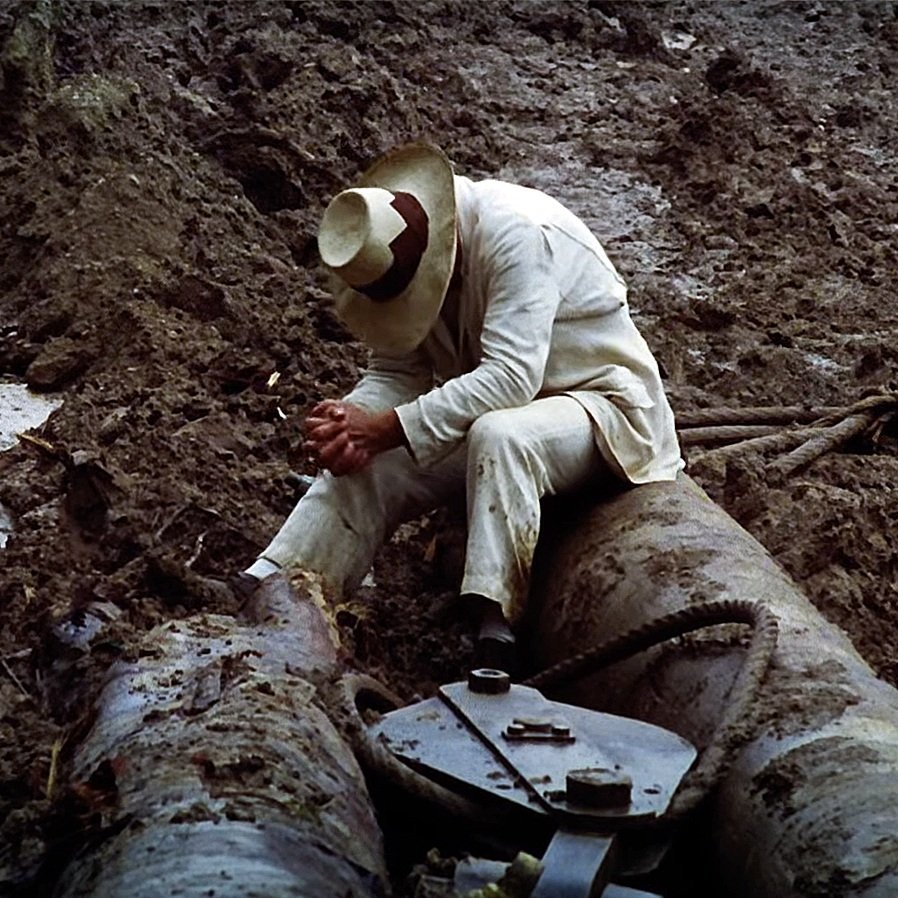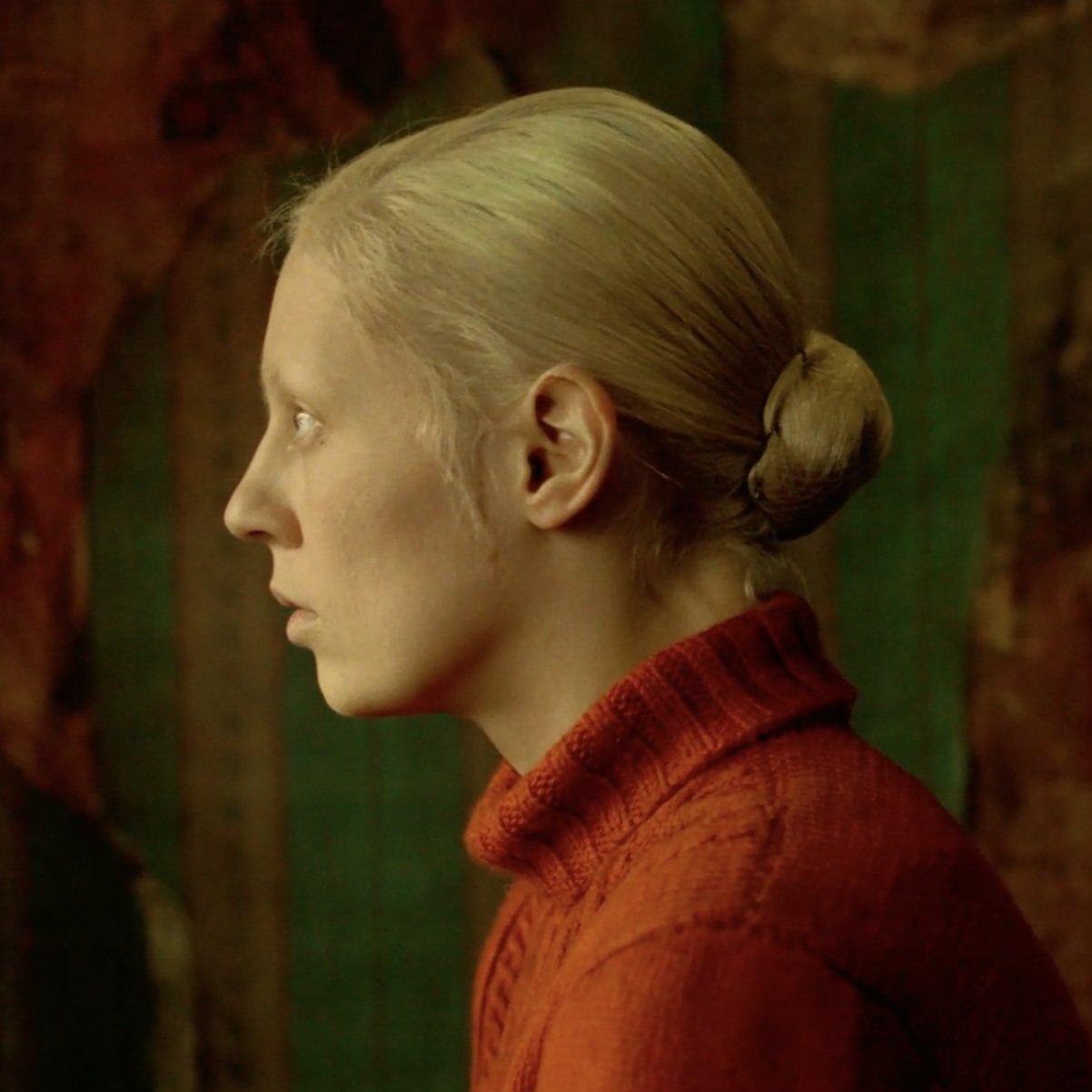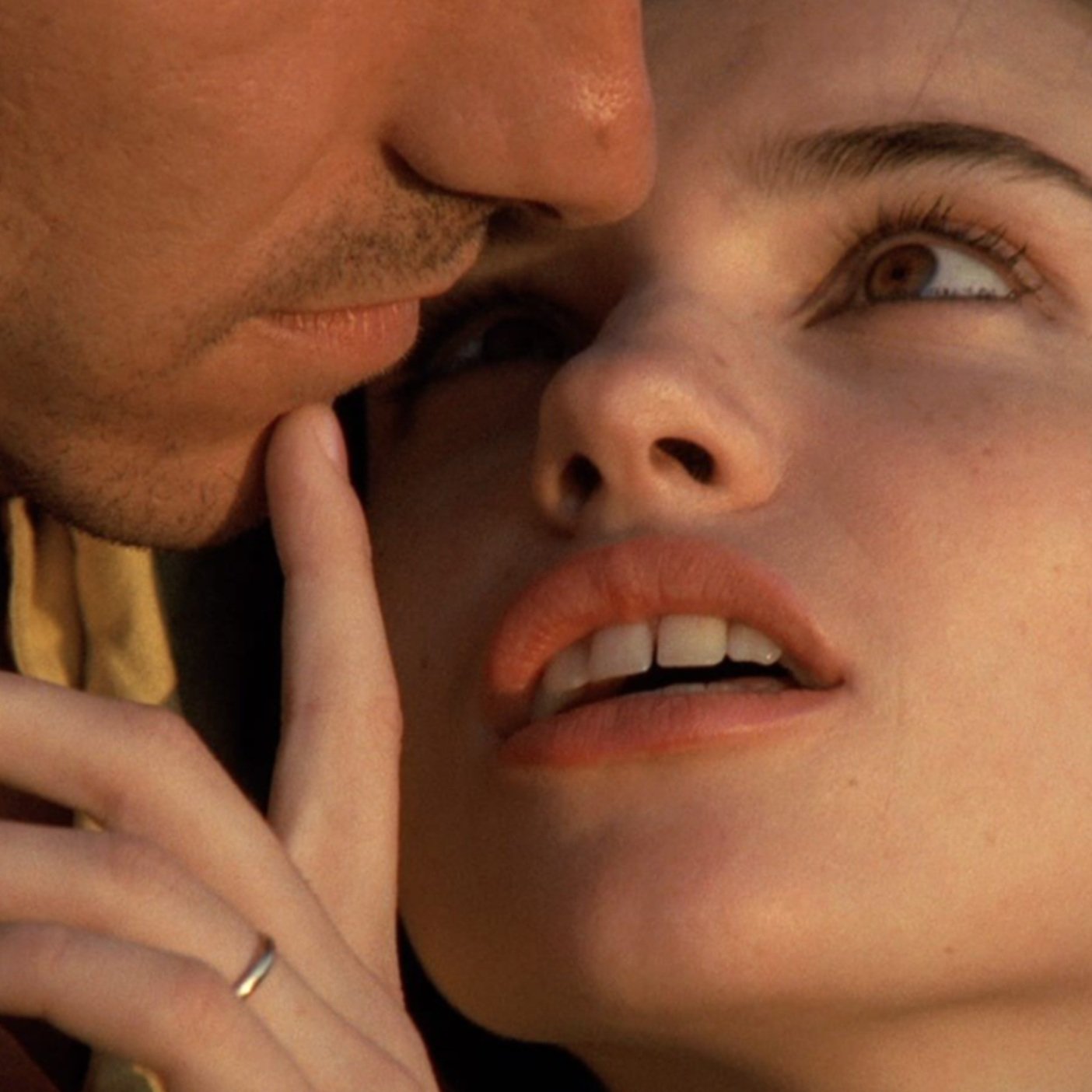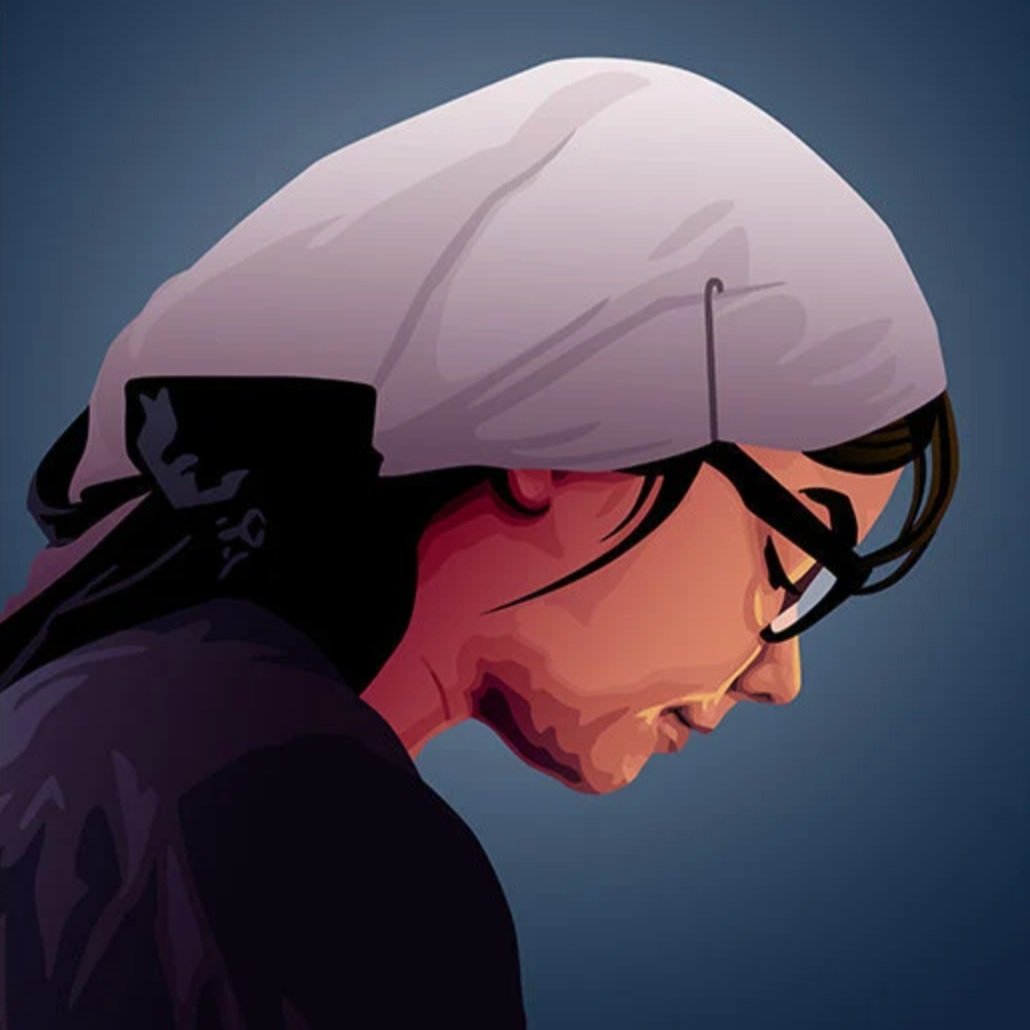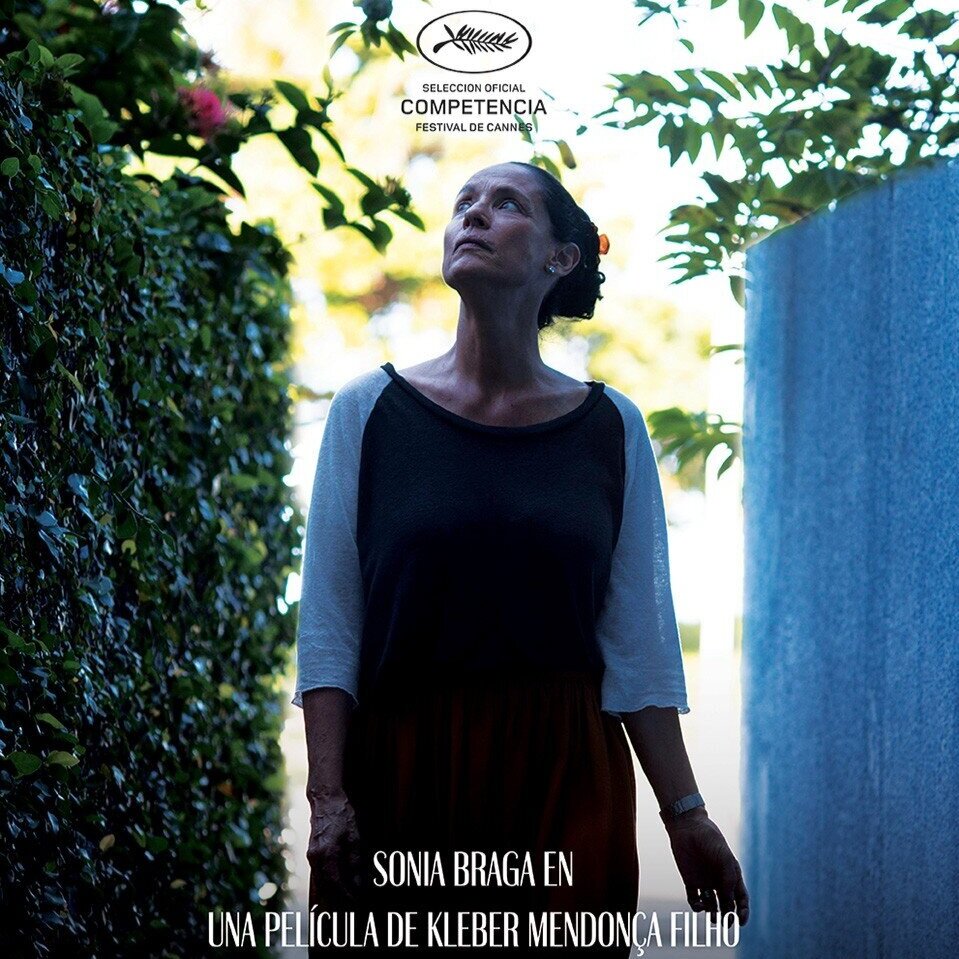The Legacy of Park Chan-Wook
Directors have a stunning ability to control and alter one’s perception of a film. They can conceptualize the story, build the team behind it, and stay in control from inception to conclusion. A good movie does require a tribe, but every tribe is powerless without a good leader. And in that category, one of the best in the world is undoubtedly Park Chan-Wook, who has set new standards for filmmaking since his debut in the late 90s. So in a personal first, I’ve decided to review a selection of his movies over the years, focusing on the directing style to understand how this director has consistently set himself apart from his peers.
Joint Security Area (2000)
The first movie under examination is Joint Security Area (JSA), a work of Park’s that still holds strong relevance. The movie tells the story of border guards on either side of the Korean border and is told as a retrospective of a fateful incident that occurred one night on the border. In doing so, it contrasts the high levels of mistrust at the societal and governmental levels with the power of personal friendships that cross all restraints. This concept is simultaneously stunningly optimistic and depressing, exposing the deep beauty of human connection with the tragedy of it not being allowed to exist.
Park’s work here exemplifies a few key aspects of his movies. JSA’s interleaving narrative is a hallmark of many of his movies and reflects the ability of film to become more realistic as users get more invested in it. It sounds like a truism, but few are ever able to make use of it. Park’s constant use of this in JSA sets it apart as a modern classic. He deftly uses the preconceived biases of viewers in the story structure, making them actively take part in the plot. His actors (led by the now legendary Song Kang-Ho) convey these emotions with gravitas and depth, leaving us pondering with much to think about as the movie progresses. JSA will remain a film that is beautifully and too often tragically optimistic about the human condition. Many an individual and world leader would benefit from taking out 2 hours for this film.
Oldboy (2003)
The film that announced Park, Oldboy does not need much of an introduction. A film about revenge at its very core and the tragedy surrounding it, Oldboy tells the story of an imprisoned man’s search for answers after being shut away from society for 15 years. I watched the 25th rerelease in a late-night Times Square screening and was struck with how relevant and influential the film has continued to be over the years. Oldboy is stunningly shot, inventively written, and incredibly memorable. Try it yourself. Ask someone if they remember the film, and if they don’t, try narrating the ending to them. There’s a good chance even if they’ve not watched it, they would have at least heard of the ending. There’s a stickiness to it that continues today.
Park’s handling of the action sequences is innovative (the hallway fight sequence has had a long lineage of references over the years). But it’s his nuance with the plot, and the way even as the plot comes to the denouement one cannot confidently predict how the film would end, that sets this movie apart. The ending of Oldboy stays with you far beyond the end of the movie, not only for the way it answers the buildup but also for the way it doesn’t do so. Oldboy’s enthralling pace and innovative structure make it one of the best Korean films ever made, one worth revisiting and watching again and again.
Interlude: Snowpiercer (2013)
A brief interlude here for Snowpiercer, a film by the acclaimed Parasite director Bong Joon-Ho but produced by Park. Perhaps the biggest takeaway of the movie is to marvel at the audacity to think of and execute such a vision. Snowpiercer is groundbreaking in science fiction, for it used the genre as a meditation on not only individual human experience but broader societal structure as well. The film, about a lone surviving train on a post-apocalyptic Earth, holds much to learn from, and even more to get inspired by.
The Handmaiden (2016)
My favorite of Park’s films, the Handmaiden tells the story of an orphaned pickpocket duo that aims to swindle a rich countess, but reality proves far more complicated than that. The story is told in a non-linear fashion in three parts, with each akin to unraveling the onion on the true motivations of the characters. It is gorgeously rendered in the backdrop of Japanese-occupied Korea and remains unique in its ability to completely transport you to a century ago yet stay rooted in a modern context. There are deep themes of feminism intertwined with sexuality and the psychological nature of any conversation in this film makes it a rewarding watch.
This film remains my favorite of Park’s canon for a few reasons: it is tightly scripted, crisply edited, gorgeously shot, and thoroughly engaging. Every scene adds detail, and none of them feel perfunctory to the core plot. At every point, you learn more about the character(s), and every detail seems intentional. This is a far harder task than you might think: it involves removing content instead of adding it, since often only in hindsight can one see the parts that were never essential. This is hard to do, both because one is attached to it and also because one has spent so much time with it. If you’re looking to start somewhere with a Park movie, I’d highly recommend picking this one.
Decision to Leave (2022)
Winner of the Best Director award at the Cannes Film Festival, this movie feels like a new feather in Park’s directorial cap. Centered around the investigation of a woman for her husband’s death, it explores themes of infidelity, attraction, and death. Anchored by an incredibly strong performance by lead actress Tang Wei, this film is incredibly layered and gradually reveals itself as the plot progresses, leaving several questions unanswered at the end. In doing so, it leaves itself open to interpretation, boldly staking itself as unique among many of its compatriots.
Park’s obsession with not being satisfied with a simple story comes to the fore here, using the vast range of his craft to add suspense to the story. The camera position as the detective watches, the costume choices of the primary suspect, and the tragic juxtaposition at the end are all hallmarks of a director completely in control of his craft.
It’s worth thinking about why I chose Park Chan-Wook at all, after all, I could have just as easily picked Chazelle or Spielberg. Perhaps it’s how deeply his films resonate with me, or how assured his craft comes out on screen. But mostly it’s because I think he’s deeply underrated and deserves more recognition for his work. If the fact that his work is in Korean is stopping you, I urge you to overcome the small barrier of subtitles (to paraphrase Bong Joon-Ho). On the other side lies a revelation, a possibility of what cinema can be, and an inspiration that all of us can draw from.
The Sympathizer, the new HBO Original Limited Series from Park Chan-wook and Robert Downey Jr. based on the Pulitzer Prize-winning novel by Viet Thanh Nguyen, is currently streaming on Max.
Popular Reviews
